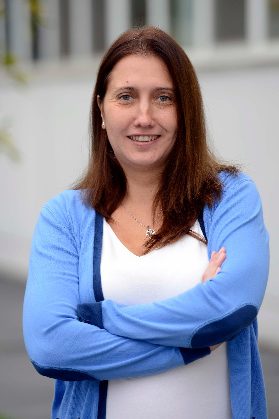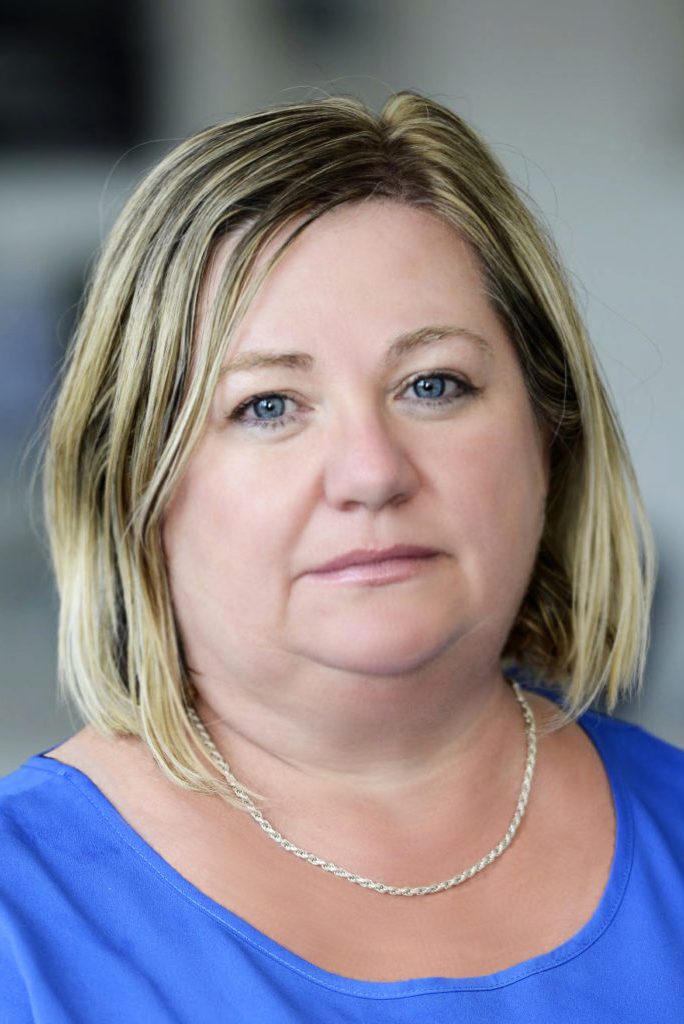
Professional Dutch Translation
300+ translators - affordable price - speed
Already over 120 million characters translated
Do you need a specialised Dutch translation?
Find out more about our Dutch specialisations...
Dutch business translation
Our business and law graduates have a wealth of expertise and considerable translation experience to provide quality business Dutch translations. We translate different but related business materials using the same terminology and consistent phrases, in most cases in the same form as the original, so that the Dutch translation is always correct.
Dutch legal translation
When translating a contract, a legal declaration, a power of attorney, a loan agreement or a lawsuit, and any other legal-related material, professionalism is crucial. With our legally qualified Dutch translators, we can produce a signed and stamped translation, a so-called official translation, if required.
Dutch medical translation
With many years of experience, we translate product brochures, case studies, medical and pharmaceutical literature for major pharmaceutical companies, pharmaceutical and non-pharmaceutical companies. With our Dutch specialist translators, who are pharmacists and doctors, and have specialist knowledge of the language, we provide our partners with high-quality medical translations.
Dutch Marketing Translation
Special needs must also be met when translating Dutch online marketing materials. When translating Adwords keyword lists, we look for linguistically catchy, short phrases, while when optimising websites, we pay attention to SEO aspects. In addition to this, we support the work of our specialist translators with the attention of our web development colleagues when translating website localisation, newsletter translation and frequently updated online content.
Dutch financial translation
For balance sheets, annual reports and accounting documents, it is essential that a Dutch translator with specialist knowledge of the subject matter translates the documents. With our Dutch language specialists for financial materials, we always provide professional translations to ensure that the financial Dutch translation is not only translated, but also correctly translated.
Dutch technical translation
In the case of translations of instructions for use, operating instructions, machine manuals, technical approvals, production documents and specifications or any technological specifications, tender documents and product specifications, professional authenticity depends on the correct use of Dutch. Our technical translators are specialists in several different technical fields, so you can trust their expertise.
Dutch website translation
When translating websites, in most cases, not only the text content but also the text of illustrations, graphics and graphs must be properly rendered in each translated language, which is collectively referred to as localisation. We can help you to map your website and provide professional language localisation in Hungarian, Dutch and neighbouring countries as well as in all other world languages.
Dutch document translation
We can translate any official Dutch document, certificate, document, certificate of employment or study document into Dutch within a short timeframe, providing a signed, stamped and certified translation if required. Ask for our certificate when ordering your Dutch translation.
Why choose Lector?
Calculable
Correct price calculations and precise deadlines are the two most important aspects when compiling translations for our business partners. Our guarantee: translations are always prepared on time and at a fixed price.
300+ translators
Most of the more than 300 translating colleagues of our company have been real experts in specific languages and fields with more than a decade of experience. Many of them also translate into their mother tongue and do proofreading if necessary.
Secure
Securing your business material and data is our main priority. Documents can always be uploaded to and downloaded from the server of our agency via a secure channel. We treat content and personal information very discreetly.
Expertise
Our translators take care of translations in any field, whether it be technical, legal, medical or any other type of field. With more than a decade of experience and commitment under our belt, our professional business translations are guaranteed to be of excellent quality.
Cost-efficient
Translation prices are always fair and correct! Our accurate quotations allow customers to calculate prices at any given time. We provide a discount price based on the document to be translated and the deadline, which always results in cost-effective translations.
Fast
Fast translations are essential to every business. We pay special attention to the specific requests of our customers. Short deadlines are sure to be met by our hardworking translators, even during weekends.
Did you know about the Dutch language?
- Speakers. Dutch (or Low German) is spoken by some 23 million people worldwide as their mother tongue, and a further 5 million as a second language. It belongs to the West Germanic Lower Frankish branch of the Indo-European language family.
- There are three main groups of dialects: (Lower) Franconian, Limburg, and (Lower) Saxon.
- Official language in two countries: the Netherlands and northern Belgium.
- Afrikaans - a very closely related language. Afrikaans is the only Dutch-based Creole language still widely spoken and is one of the 11 official languages of the Republic of South Africa. It is also one of the few Creole languages to have become a literary language and achieved the status of a standard language. Afrikaans and Dutch are characterised by a high degree of mutual intelligibility, but are clearly two separate languages.
- Dutch and Flemish. It is a mistake to talk about two languages, Dutch and Flemish. At most, there can be two versions.
- A funny explanation for the pronunciation of the language is that Dutch was created when a drunken English sailor tried to speak German. The explanation is that Dutch, German and English are all West Germanic languages. Today's Dutch is largely derived from Old French, which only separated from the other Low Germanic dialects around 600 AD.
- History. Linguists place the independence of the Dutch language around 700 AD. The Old Germanic sound shift during the 5th-8th century did not affect Dutch. This resulted in the phonetic difference between Dutch and German.
- The vocabulary of the Dutch language is largely Germanic in origin, but many Latin, German, French and English words have also been introduced into the language - in the order described.
- The Woerdenboek de Nederlandsche Taal is the largest monolingual dictionary in the world, taking 134 years to compile. The dictionary was published in 40 volumes.
They said about us
The translation agency of choice is Lector









